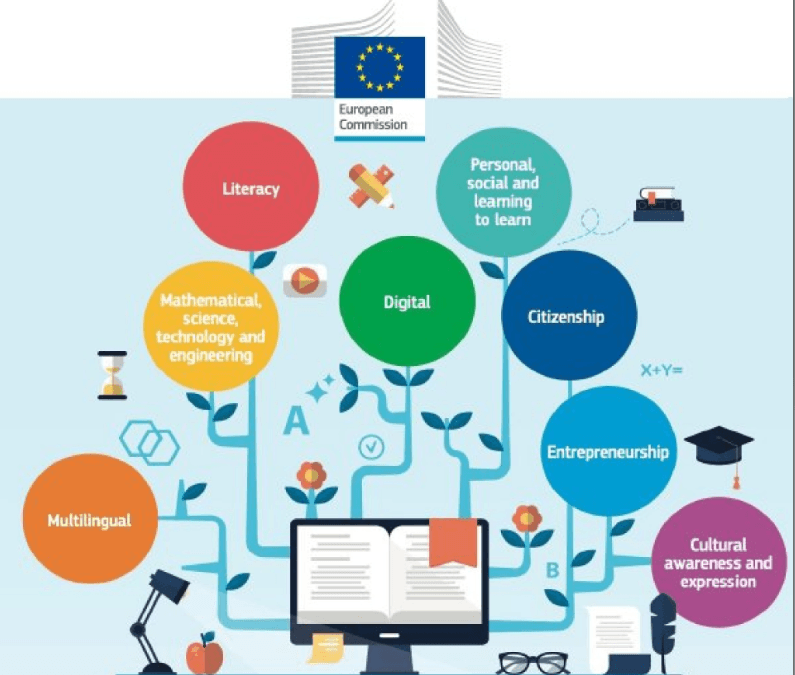On 12 and 13 November, Buskerud County Municipality, BOOST consortium partner in charge of the uptake of the BOOST approach, attended the conference on Supporting Key Competence Development: Learning approaches and environments and school education. The conference assembled more than 230 participants such as researchers, experts, and EU stakeholders and policymakers. In January, the European Commission published the report with outcomes and uptake, which can be accessed on this website.
The European Commission is currently following a list of eight key competences which are essential for “personal fulfilment and development, employability, active citizenship and social inclusion.” One of these competencies is the personal, social and learning to learn competence, which involves the emotional wellbeing of students and young children. As set out in the Council recommendation, “personal, social and learning to learn competence is the ability to reflect upon oneself, effectively manage time and information, work with others in a constructive way, remain resilient and manage one’s own learning and career. It includes the ability to cope with uncertainty and complexity, learn to learn, support one’s physical and emotional wellbeing, to maintain physical and mental health, and to be able to lead a health-conscious, future-oriented life, empathize and manage conflict in an inclusive and supportive context”.
The conference fits in this policy framework and six key messages emerged from the discussions:
- Focus on system-wide developments.
- Recognise the central role of teachers.
- Encourage flexible approaches to curriculum and assessment.
- Support stakeholder engagement and collaboration.
- Develop a clear vision and purpose for the use of digital technologies.
- Embrace and promote language diversity.
Thanks to the holistic position of the BOOST approach, the BOOST project’s mission is fully in line with the European Commission’s approach to support a whole school approach to learning in which teachers have a key role. In this framework, the SEL programme carried out by BOOST aims to be an useful and effective tool. This tool is based upon the awareness that teachers must have an active and central role in the change process, involving them from the outset and not just as end consumers. For this reason, teachers professional development needs to be firmly embedded in the classroom context, rather than going out to expert centres to get expert advice. This ensures that the project is implemented by regular teachers, avoiding the intervention of external experts which are not integrate into general teaching and are not anchored sufficiently at all levels of school organization.
The BOOST Project partners express their appreciation about the central role the teacher is given in this report and hope that the European Commission will focus on the professional development of teachers while drafting new EU guidelines. By using new approaches such as the one that will be developed by the BOOST project, it will be easier to build social and emotional skills in young children by involving schools and teachers. In this way, the upcoming generations will benefit from increased mental health resilience. BOOST project aims at becoming an example of good practice that can be shared and transferred to other contexts, illustrating how learning approaches support both development of key competencies and high quality education.

